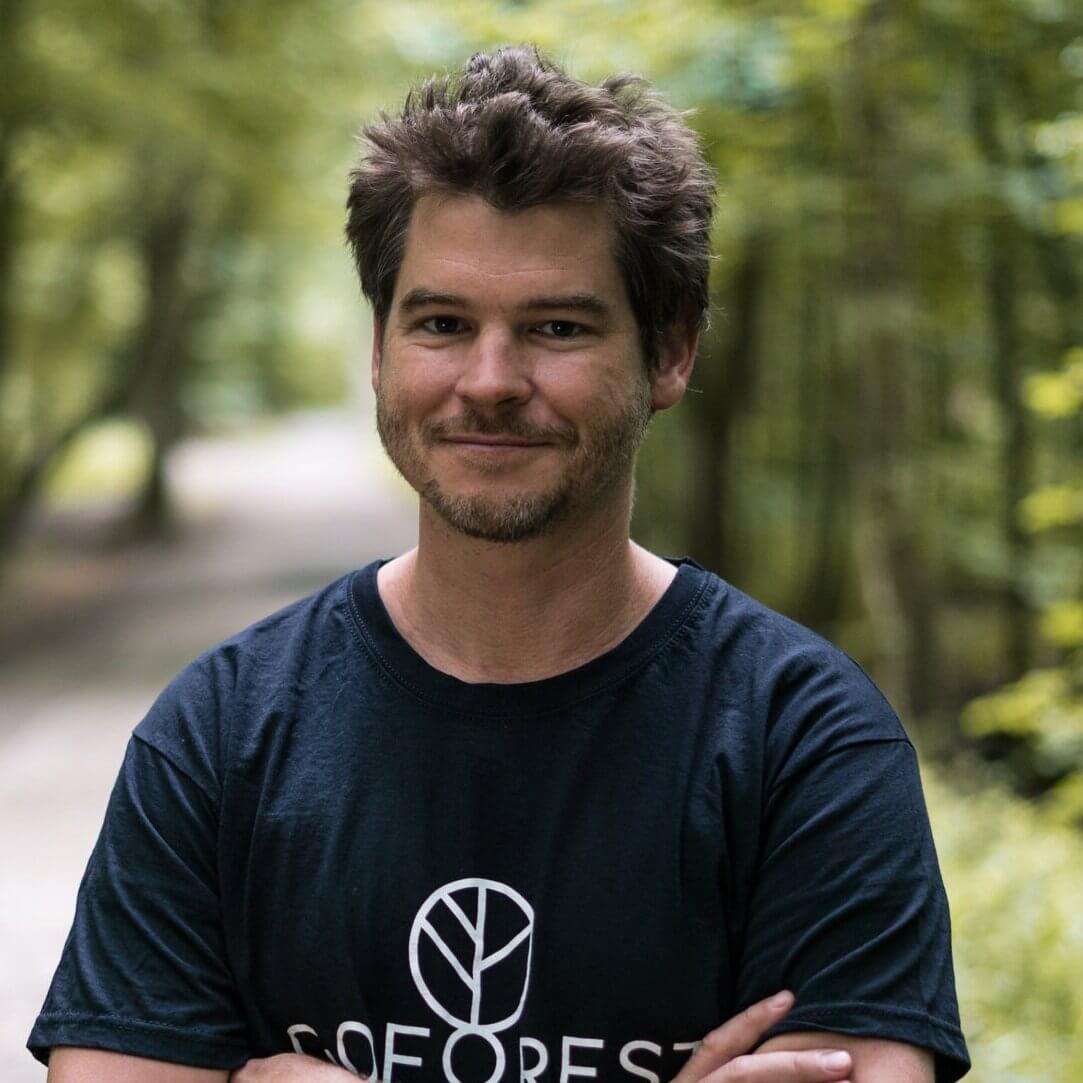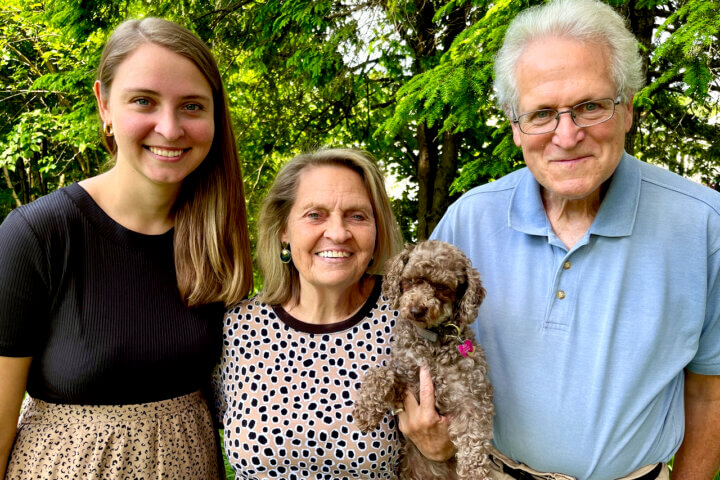After graduating from Concord-Carlisle High School in 2000, Robin Van Loon said he preferred to study at “the university of life” rather than traditional college, and in 2003 departed for Peru.
“It was serendipity,” he said.
He had a few connections to the indigenous people and wanted to study the traditional agricultural practices of the Peruvians, along with the “culture of agriculture.”
He settled in the Tambopata region, described as “one of the last remaining and largest areas of pristine rainforest.”
“I moved to the jungle to study and live in native communities,” he said. “I was exposed day and night to the variety of ecological life. It was fascinating as a plant lover.”
It was the rainy season, he said, and remembers stepping out of the car into a knee-deep puddle.
“It was wet and muddy with big mosquitos,” he said, “and I thought to myself, ‘How do people live here?’”
Van Loon is in Concord until after Thanksgiving to see family and friends and to raise money for Camino Verde, the nonprofit organization he started after seeing the effects of clear-cutting trees from the rainforest.
He said people who needed money would often “go into the forest with a chain saw and chop down a tree to sell,” or clear-cut whole swaths of trees to plant corn or rice, degrading the soil and making the local economy unsustainable.
He found the Peruvians treating the rainforest like a mine, a place to extract and not replace. “It’s striking to me to see whole species of trees that are there no more,” he said. “Valuable trees are gone.”
But he persevered and over the years, his initial 80 acres became 350, with 150 family farms in 10 small communities.
Van Loon and his staff of 20 encourage farmers to plant sustainable rosewood, fruit trees and herbs so that they can harvest the crop and preserve the trees. Rosewood is a favorite for making perfume, and the process involves using branches so the tree is preserved.
Through his work at Camino Verde, over 400 tree and herb species are now thriving, producing seeds that are replanted.
The organization website, www.caminoverde.org sells many types of fragrant oils and extracts that come from the native trees, as well as chocolate from the cacao.
He’d like to keep expanding his network of “small-holding farmers,” as he calls them, to 1000, “and give them the opportunity to make money planting and not just cutting.”
He was well pleased with the November 9 fundraiser at the Scout House.
“It was a big success,” he said. “We achieved and surpassed our fundraising goals. The funds will help us expand our work with additional Amazonian farmers and help pay the bills.”






